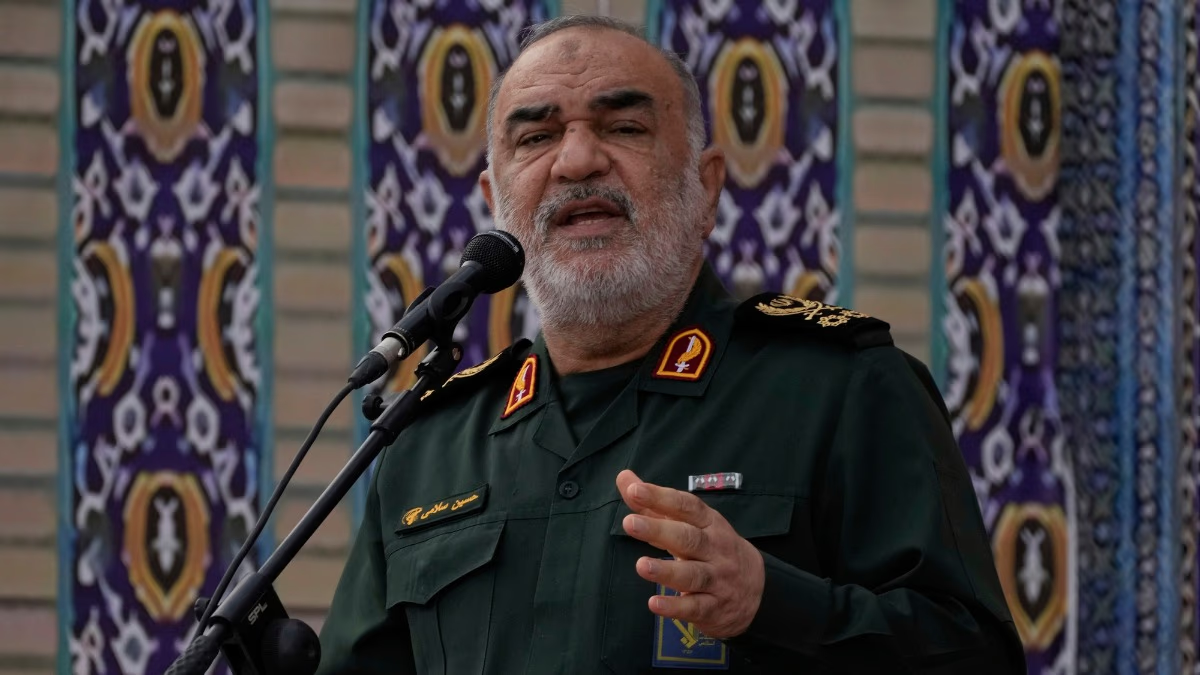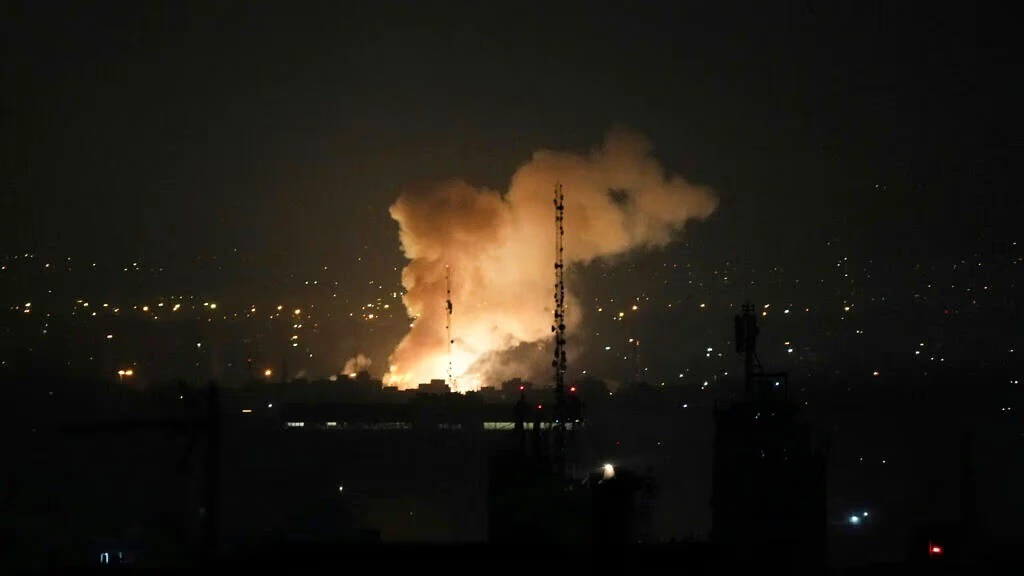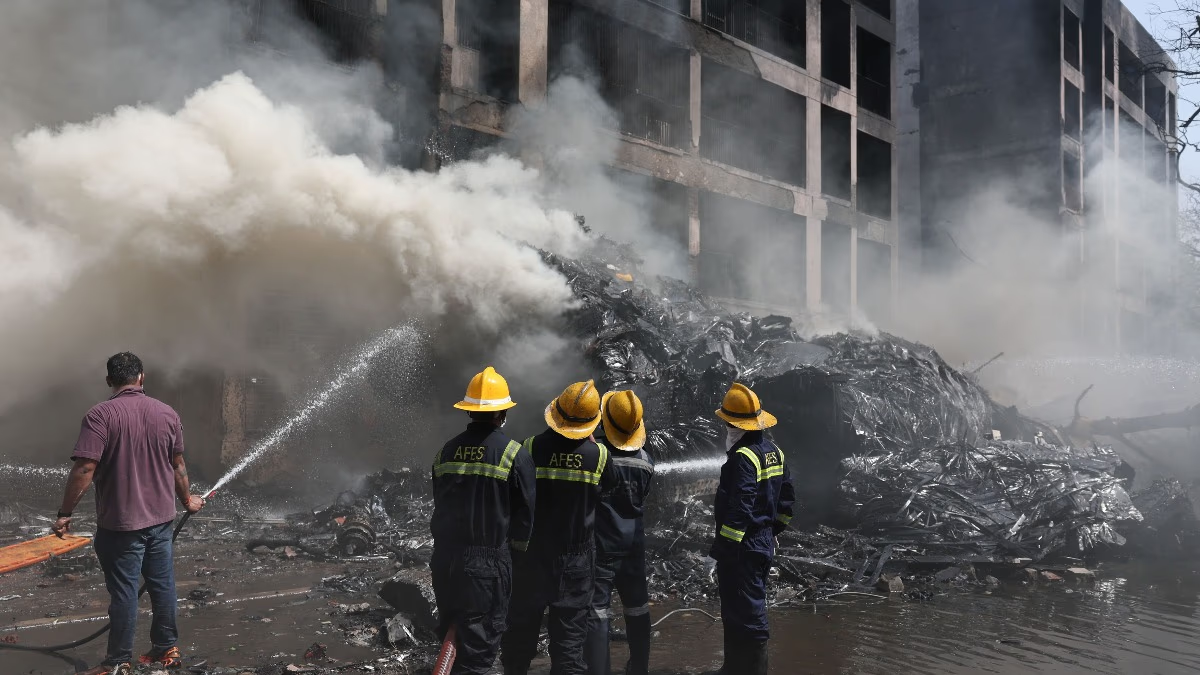Israel has launched an attack on Iran, raining bombs over the capital, Tehran. In response, Iran initiated countermeasures against Israel, sparking tensions akin to war in the region, marked by continuous assaults from both sides.
The assault claimed the life of Iran's Revolutionary Guard Chief, Hussein Salami. Preliminary reports suggest that several high-ranking military officers were also targeted. Israel has dubbed this initiative 'Operation Rising Lion.'
Following the offensive, Israel declared a state of emergency across the nation, anticipating possible drone and missile retaliation. Security agencies are on high alert, enhancing border vigilance due to increased sensitivity.
Israeli Prime Minister Benjamin Netanyahu announced post-attack that they had specifically targeted scientists involved in nuclear bomb development.
In a public address, Netanyahu declared that the IDF mainly focused on nuclear enrichment facilities, along with key locations in Iran's ballistic missile program.
Netanyahu stated, "As long as there is a threat to Israel's existence, strikes on Iran will continue. This operation is essential for the safety of the Israeli people."
Read More: Netanyahu declares - Iranian scientists working on nuclear bombs targeted; First phase of attack complete
How did Iran respond to the attack?
Post the Israeli attack, Iran convened a high-level security meeting. Local media reported an atmosphere of fear among citizens in Tehran after the assault.
Iran's Supreme Leader Ayatollah Ali Khamenei responded by asserting that Israel will face 'severe punishment' for their actions.
What is America's stance on the attack?
US Secretary of State Marco Rubio stated that Israel had informed the US that the action was necessary, though the US clarified it was not involved, focusing instead on safeguarding its forces. Iran warned of actions against any aiding Israel.




